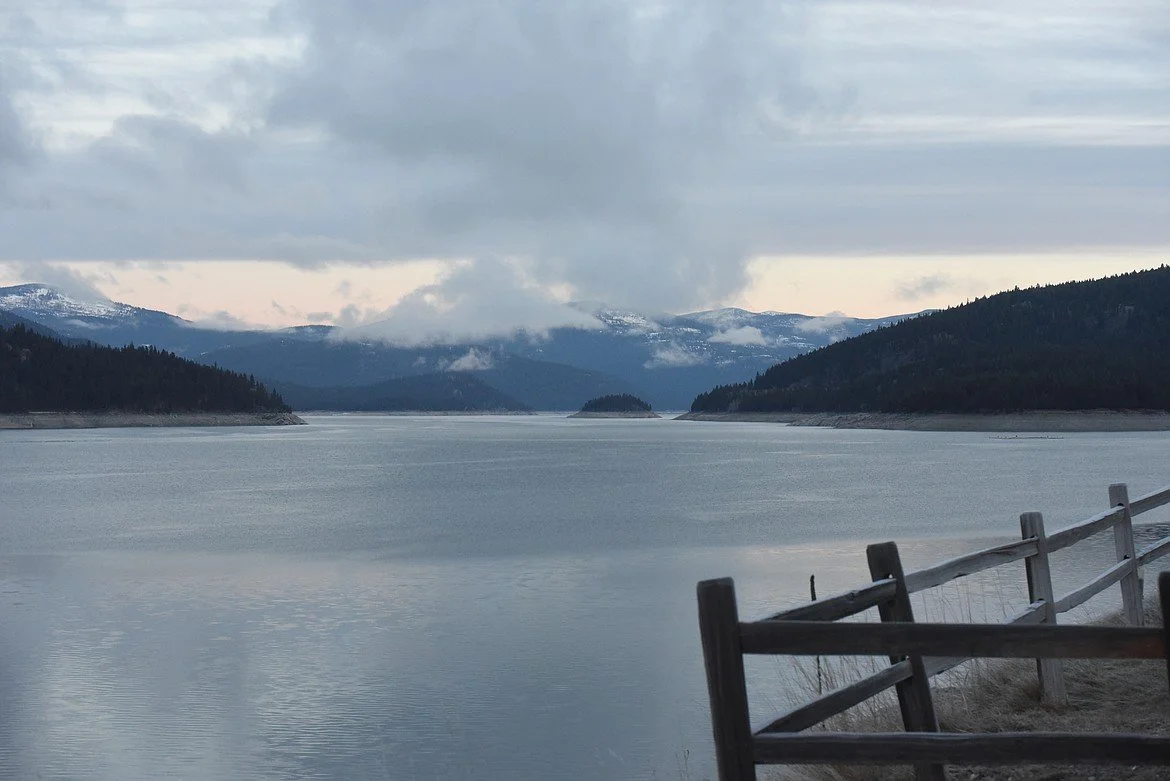British Columbia-based Teck Resources Ltd. announced Friday that a third water treatment plant is operational for the coal giant to treat selenium in the upper Fording River of Canada. The new facility has a daily capacity of treating up to about 5.3 million gallons of water. The company said its water treatment operations remove some 95 percent of selenium and nitrate from waters treated in the Elk Valley.
Coal provinces ‘co-ordinated’ fight against federal water pollution rules
Four provincial governments strategized on a “co-ordinated approach” to overhaul proposed federal regulations aimed at reducing water pollution from coal mines, according to an internal briefing note from Alberta’s environment ministry. The federal government has proposed the new regulations to reduce the harm of contaminated wastewater from coal mines on fish and fish habitat, but is behind schedule from previously announced goals and has been unable to even publish a draft version of the new rules.
Allowing Rocky Mountain coal lease transfers during debate sends wrong signal: environmental group
An environmental group says an exchange of coal exploration lease applications in Alberta's Rocky Mountains suggests mining companies expect to be able to go ahead with their plans despite a provincial debate on the industry's future. "They wouldn't be buying those lease applications if they didn't think they could do something with them down the road," said Katie Morrison of the Canadian Parks and Wilderness Society.
Coal committee hears Albertans want overall policy on Rocky Mountain development
If there's one theme that has emerged, Wallace said, it's that people don't want a coal policy that only deals with the how and where of mining. They want a broad policy that balances economic, environmental and recreational needs over an entire landscape. "While our terms of reference are clearly focused on a modernized coal policy, we are recognizing that any factors that are going into that modernization are going to have to take account of these broader issues," he said.
Who Saved Alberta’s Mountaintops and Precious Clean Water? Albertans
After a federal-provincial review panel gave a resounding thumbs down to the Grassy Mountain coal project Thursday, Alberta Energy Minister Sonya Savage and so-called Environment Minister Jason Nixon issued a contrite statement. It is always remarkable to watch political wolves act like sheep. Both ministers, who have championed open-pit mining in the Rockies by Australian companies (Nixon even had the gall to write a letter of support for one group of speculators), said they would respect the unequivocal rejection by the Alberta Energy Regulator.
Coal company Teck fined $60M for contaminating rivers in southeastern B.C.
A Canadian coal-mining company faces the largest fine imposed under the Fisheries Act after pleading guilty to contaminating waterways in southeastern British Columbia. Teck Coal, a subsidiary of Teck Resources, is to pay $60 million after a judge on Friday agreed to a joint submission from Environment Canada and the company. "Teck did not exercise all due diligence to prevent the deposit of coal mine waste rock leachate into the Fording River from settling ponds," federal prosecutor Alexander Clarkson, reading from an agreed statement of facts, said in B.C. provincial court.
'An abomination': Sask. water expert warns of contamination following Alberta's coal policy changes
Alberta's plan to allow for open-pit coal mining in the Rocky Mountains could be a serious threat to Saskatchewan's water supply, says the director of the Global Water Futures Project at the University of Saskatchewan. "For a water scientist to see this happening, it's just an abomination to have these types of developments suggested in the headwaters of the rivers that supply drinking water and the economy for most of Saskatchewan," John Pomeroy told CBC's Blue Sky. Last spring, the Alberta government revoked a 1976 policy that blocked open-pit coal mining on the eastern slopes and peaks of the Rockies.
Canadian Rangers deployed to Neskantaga First Nation during water crisis, Miller says
Canadian Rangers were expected to arrive in Neskantaga First Nation on Friday to help the remote community in northern Ontario as it grapples with a water crisis. Much of the First Nation was evacuated earlier in the month after high levels of hydrocarbons -- chemical compounds found in crude oil and coal -- were discovered in the water supply, forcing officials to turn off the pipes.











